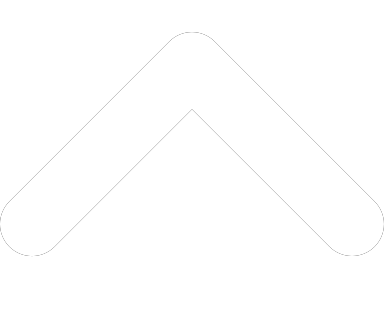- 1-877-510-7473
- About Us
- Practitioners
- Contact
- Support
Moderator
06.03.2019

Healthcare has come a long way over the years. The many advancements over time have not only improved treatment, but have also improved the accuracy and efficiency of medical softwares. With the introduction of patient data software, it is easier than ever to record patient information, schedule procedures, record and track payments, and grow your clinic revenue.
There are 3 main types of health records: EMR, EHR and PHR. So what’s the difference between the different records and what makes one better than the other? Here’s everything you need to know about the different medical records.

Doctors and nurses used to rely solely on paper medical records to learn about a patient. If any hand-written files were lost or damaged, then that information was no longer accessible by medical staff. At that point, they would be relying on the patient’s current condition to move forward and would diagnose without the knowledge of potentially crucial patient history. With the evolution of electronic medical records, healthcare professionals can easily access patient information, scheduling software and task management software.
EMR software allows patient medical history to be stored electronically, keeping it historically accurate, up-to-date and easily accessible. These files contain necessary health information from changes in condition to history of treatments to current medication. Because EHR software is cloud based, patient information is accessible on other electronic devices.
EMR software help healthcare professionals to increase the flow and efficiency of their practices or clinics. This medical software is a huge upgrade to traditional paper records as it allows practitioners to timely access, track, and record patient data. These benefits greatly improve health care services and practice efficiency.

An electronic health record refers to all of the existing information about a patient, combining all data collected from any doctor or facility.
While EMR software is focused on helping a medical office run smoothly and efficiently, EHR is used to relay medical information about the patient by being entered into a shared database. This data can be shared with authorized users across multiple healthcare facilities.

Personal health records are, well, more personal. These records are generally stored electronically and are for people who want to record information from a variety of facilities, doctors and devices on their own.
The patient is the only person with access to the information, unless they voluntarily offer it to friends, family or their medical professionals. Due to these privacy measures, the client themselves is responsible for recording all of the data as opposed to a practitioner.
Since a person is recording their own information, they may not understand the data as well as a medical professional, resulting in the risk of a larger margin of error. However, PHRs are still extremely useful measures of data collection and are perfect for someone who wants to monitor a condition from home.
The use of EHR and EMR application software has become standard practice in healthcare facilities to ensure the most accurate and efficient procedures. The many benefits of using EHR and EMR system software include:
Having quick and easy access to patient data with EHR or EMR software can be crucial to a patient’s well-being. It allows healthcare professionals to consider any medical conditions, allergies or medications when diagnosing an ailment or prescribing suitable treatment. More so, a good EMR/EHR software will help your practice grow through automated appointment reminders, easy patient appointment booking, and referral tracking.
